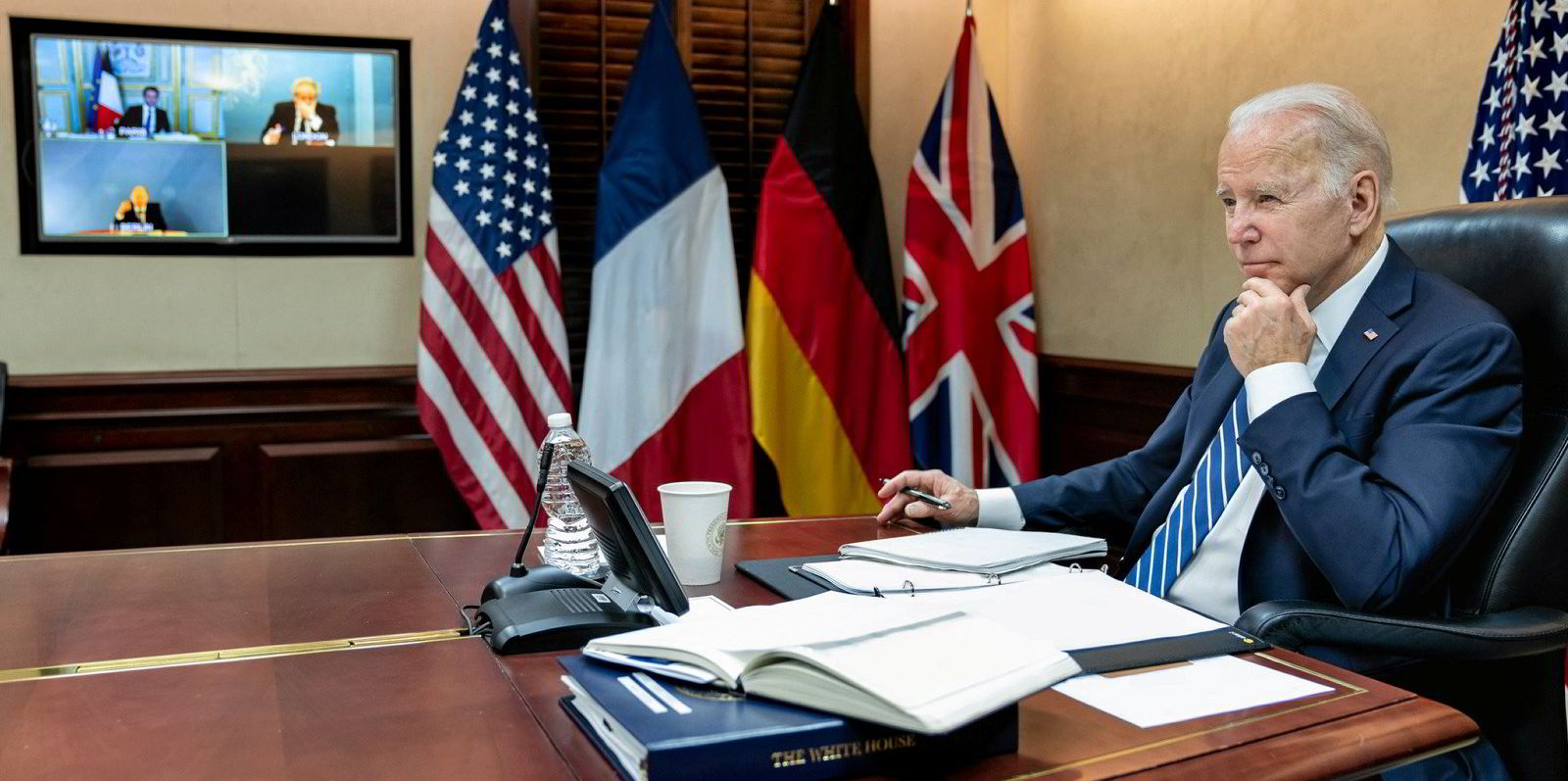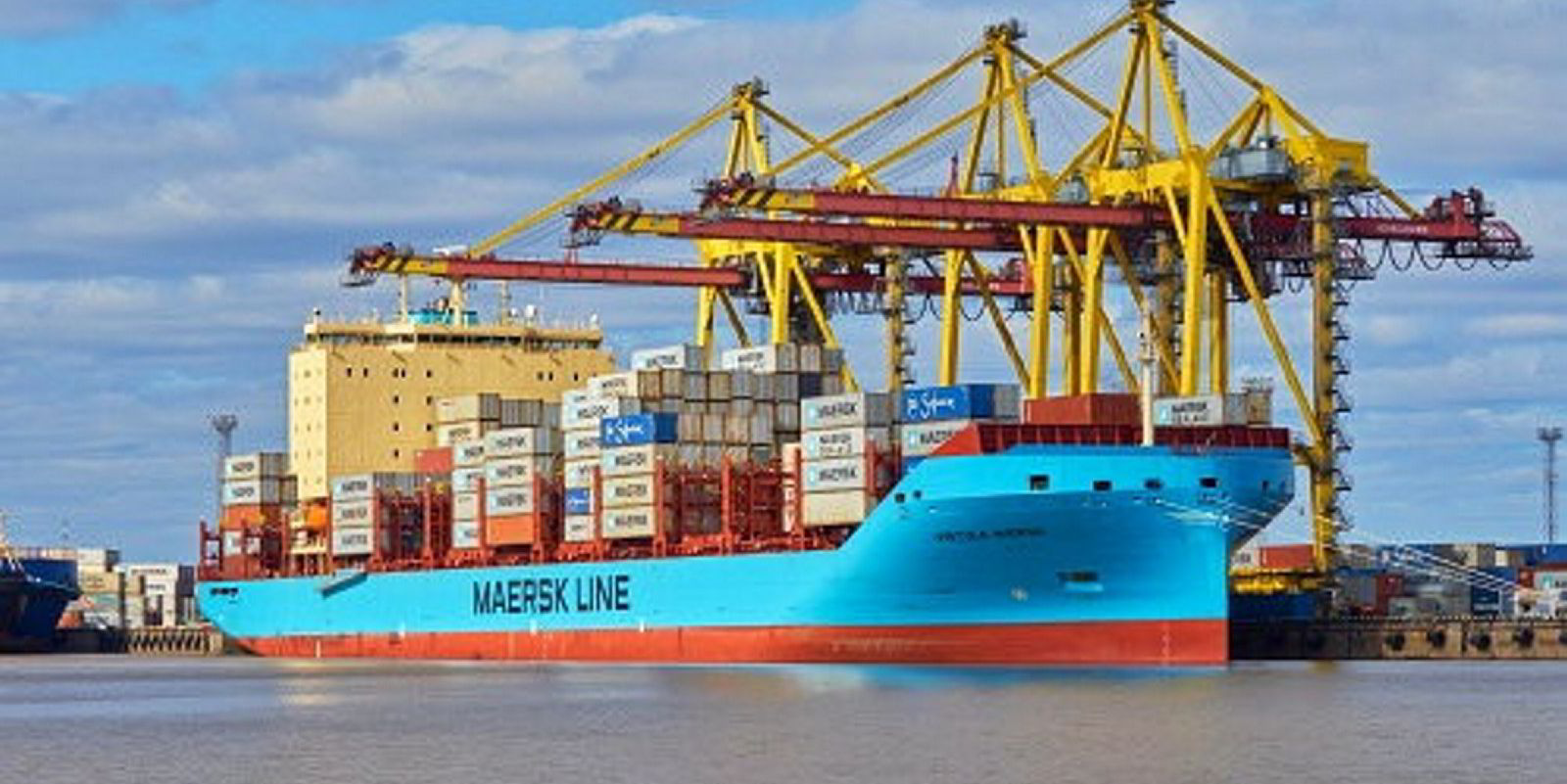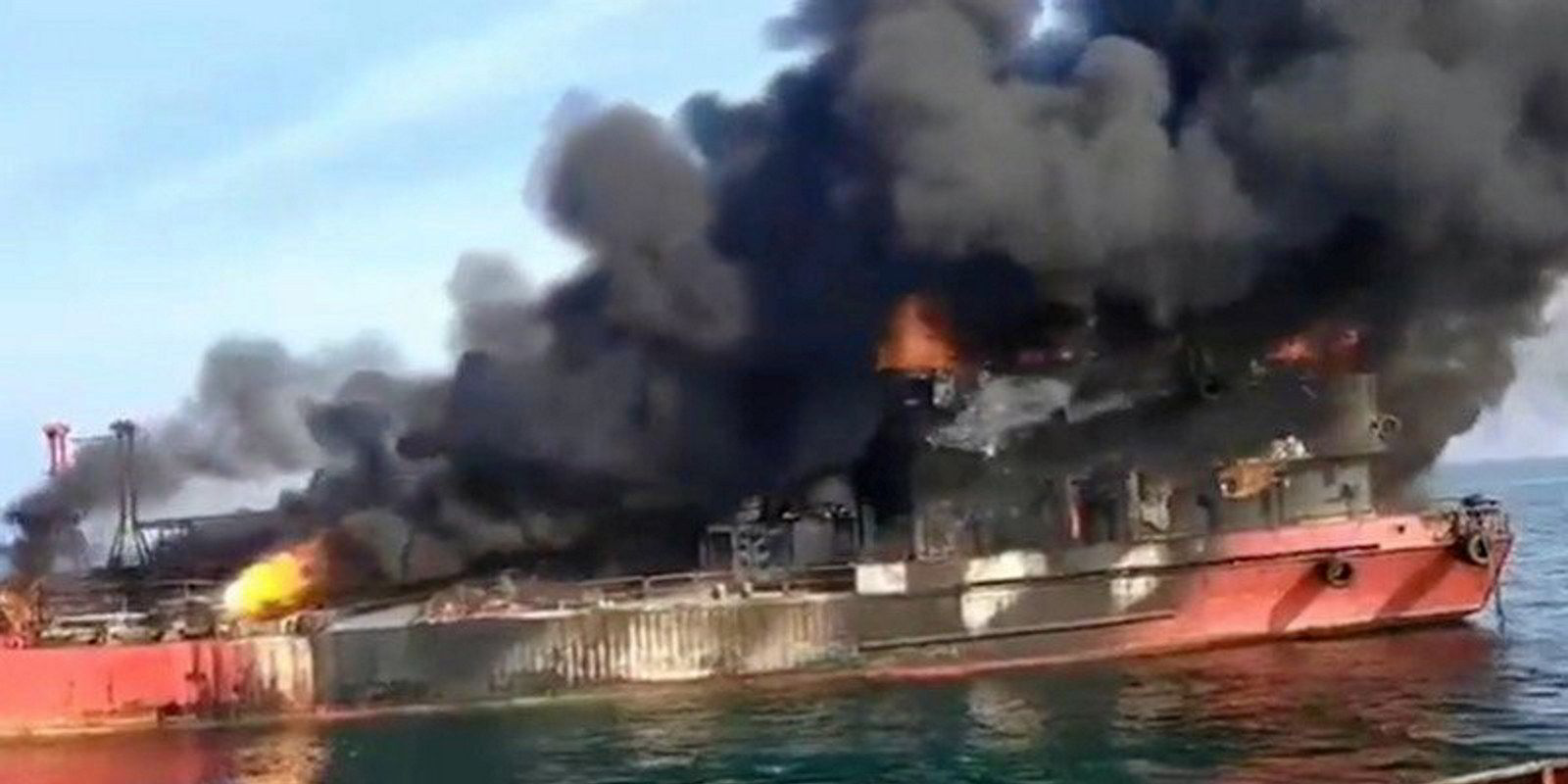As you read this an armada of tankers carrying Russian cargoes is racing to US ports in a bid to beat a 22 April ban on crude imports from the warring nation, the marine insurance sector lies in chaos, and agents and compliance officers are scratching their heads over what constitutes Russia business and what in the way of sanctions will come next.
The fallout from the shock-and-awe trading restrictions imposed by western democracies to stymie Russia’s advance in Ukraine and the unfolding horrors of war have not only created tectonic shifts in the way maritime companies will work in the weeks, months and possibly years ahead, but a regulatory and moral maze for maritime players.
While the US has sought to axe its use of Russian fossil fuels, European leaders have carved out free passage for such cargoes, leaving shipping facing both legal and moral questions over whether to plough their trade to keep the lights on in Europe or cut their losses, save their reputations, and help flip the off-switch on the Russian war machine.
Product carrier giant Scorpio Tankers was this week identified as one major public company that is pushing ahead with Russian export cargoes, where others such as Frontline have pulled back. A Scorpio official declined to comment. But a source well informed on the company’s trading told TradeWinds that the business both supported Europe’s strategic needs and, for now at least, was both safe and feasible.

But that feasibility is based on the charterparties that may take a different view: suppliers, customers, financiers and especially insurance providers. And the clock may now be ticking.
Shipowners and brokers told TradeWinds this week that the maritime insurance markets are in chaos — with London underwriters and the big three brokers pulling back from Russia business, closely followed by classification societies. Meanwhile, protection and indemnity clubs are weighing up their position.
Elsewhere, the container ship boom continued with Eastern Pacific Shipping pencilling in up to 10 conventionally fuelled 2,900-teu boxships, Evangelos Marinakis’ privately owned Capital Maritime & Trading eyeing a 7000-teu quartet and Evergreen Marine placing a newbuilding order for three scrubber-fitted, 24,000-teu container ships.
Evergreen Marine found itself back in the headlines one year after the Ever Given debacle as another of its boxships grounded, this time off Baltimore, French police raided the offices of shipbroking group Barry Rogliano Salles in Paris for yet undisclosed reasons and two historic UK-based marine insurance mutuals — North P&I and Standard Club — on course to combine forces for next year’s February renewal in a bid to rival Gard.
But what comes next? Western sanctions may have reduced the rouble to rubble and closed the golden gates on fast-food takeaways but so far sanctions have failed to slow Putin’s war. Could the European Union accelerate its plans to ditch Russian gas? Will more shipping firms self sanction in the face of reputational damage? And will the west remain united on sanctions if a peace agreement is finally agreed?
For many, the potential collateral damage of pushing ahead with Russia business at this time is just too huge without greater clarity over what regulators and world leaders expect of shipping. As one agent told TradeWinds: “We are not only concerned about payments, we are also worried about the legal and reputational impacts that doing any Russian business will have on us down the road.”






